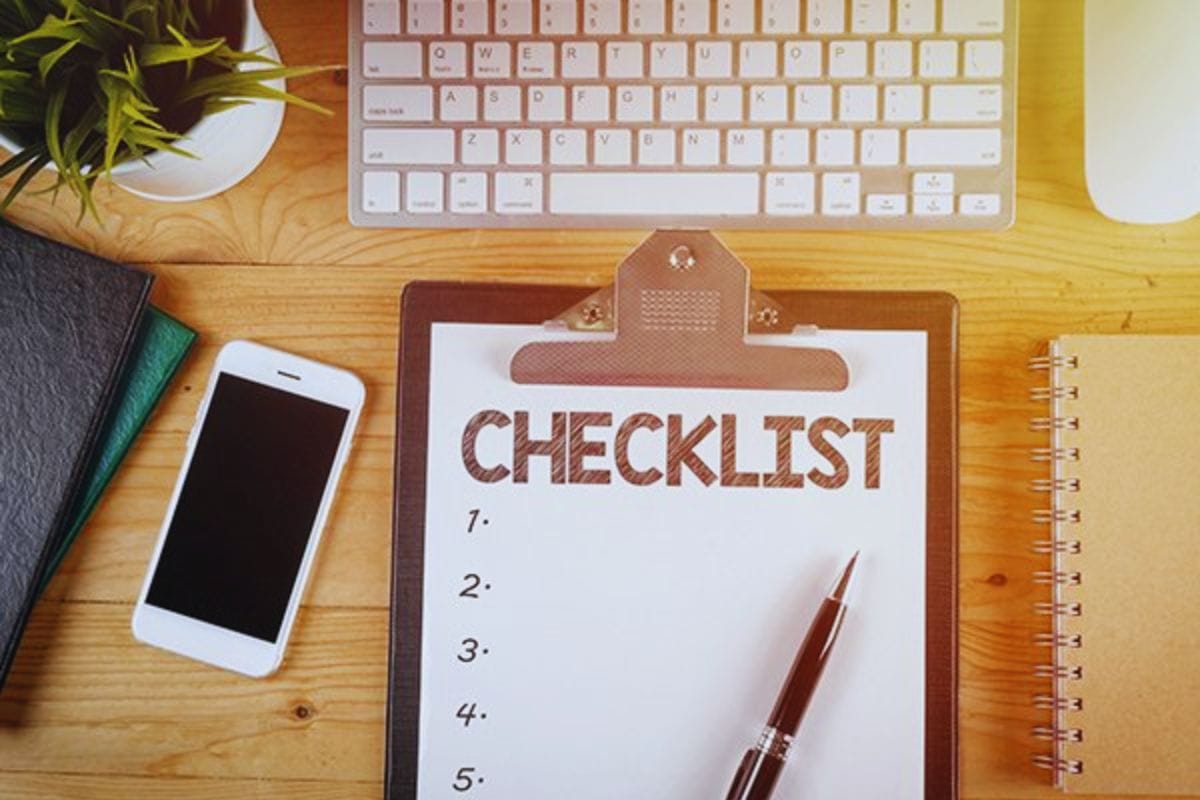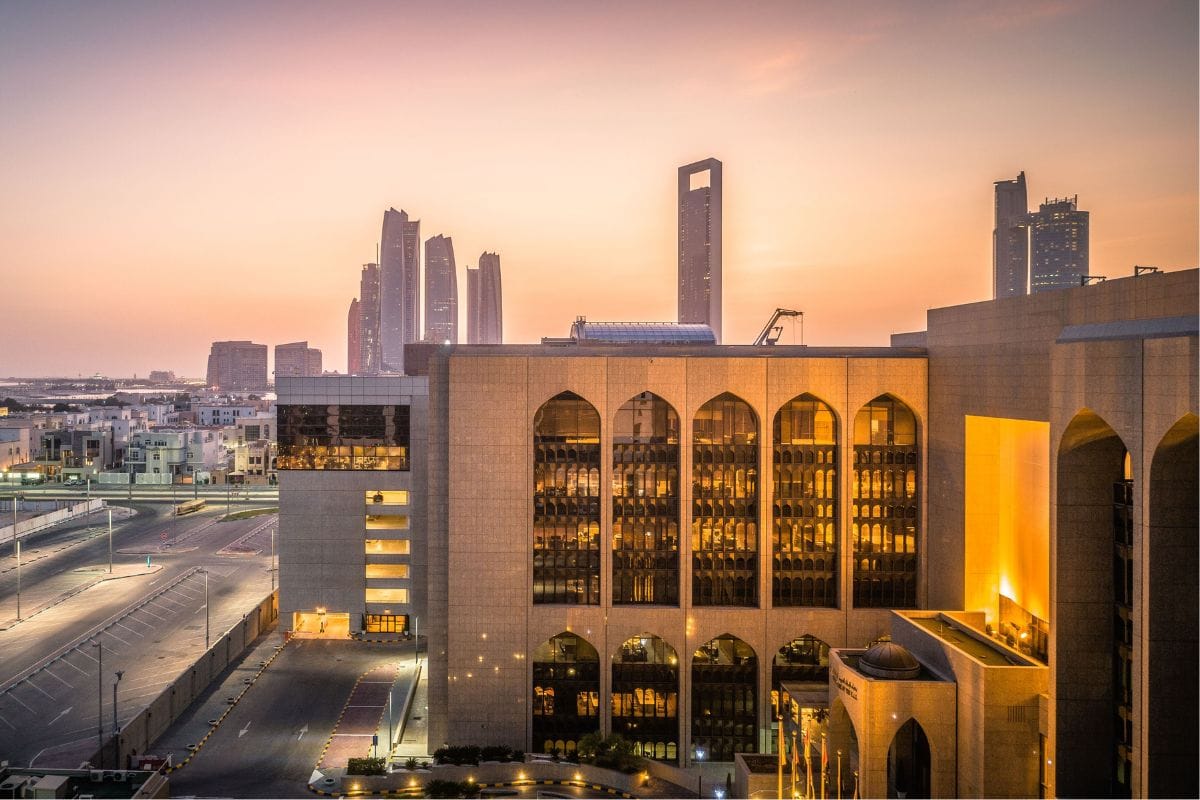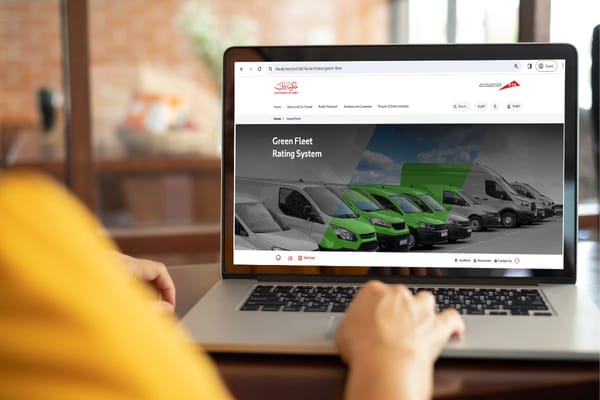Dubai's real estate market offers unparalleled opportunities for both residents and expatriates, characterized by its dynamic growth and diverse property offerings. Securing a mortgage in Dubai can be a straightforward process with the right preparation and understanding. This guide aims to demystify the mortgage process, offering insights and tips to prospective homeowners.
Should I Purchase Property in the UAE as an Expat?
Deciding to buy property in the UAE involves weighing the high costs and uncertainties of expat living against the benefits of ownership. Foreigners are allowed to buy in designated freehold areas, often choosing off-plan properties requiring a 10% deposit and staggered payments. However, unpredictable construction timelines necessitate legal guidance.
In terms of costs, buying a home in Abu Dhabi or Dubai includes paying a 2% commission to agents, a 2% transfer fee, and additional developer fees, such as AED 5,000 for new properties. These expenses highlight the need for careful financial planning and advisement for expats contemplating property investment in the UAE.
Should I Apply for a Mortgage Before or After I Find the House?
A common misconception in the home-buying process is the timing of the mortgage application. Initiating your mortgage search before house hunting can significantly benefit your purchasing journey for several reasons:
- Budget Clarity: Engaging with mortgage providers early gives you a precise understanding of your financial capacity, focusing your property search on what you can realistically afford.
- Pre-approval Advantage: Having a pre-approved mortgage signals to sellers that you are a serious and prepared buyer, potentially making your offer more attractive than those without pre-approval. This status also grants you leverage in negotiations, potentially leading to better purchase terms.
- Speed and Security: With pre-approval, you can act quickly when you find your ideal property, reducing the risk of losing it to competitors. Pre-emptive mortgage planning prevents hasty decisions under time pressure, ensuring you choose a mortgage product that best suits your needs.
Choosing Your Mortgage: Bank or Independent Advisor?

Selecting the right mortgage and provider is crucial. While banks offer direct mortgage products, independent advisors like Mortgage Finder can broaden your options:
- Comprehensive Market Overview: Independent advisors provide access to a wider array of mortgage products than a single bank could offer. They compare different lenders’ offers, ensuring you receive the best possible deal based on your financial situation.
- Personalized Guidance: Advisors tailor their search and advice to your specific needs, considering your financial health and property goals. They navigate the complexities of mortgage terms, rates, and fees on your behalf.
- Efficiency and Support: Mortgage advisors streamline the application process, handling the intricate details and paperwork. Their expertise can save you time and simplify the process of securing a mortgage.
How to Determine What You Can Afford?

Understanding your financial position is the first step in the home-buying process. Consider the following to assess affordability:
- Initial Costs: Be prepared for the down payment and purchasing costs, which include various fees and charges associated with acquiring property in the UAE.
- Ongoing Expenses: Monthly mortgage payments are just one part of your financial commitment. Consider your income, regular expenses, and other liabilities to determine what you can comfortably afford without compromising your lifestyle or financial security.
- Financial Planning: Use tools like Mortgage Finder’s Affordability Calculator to estimate your buying power. A comprehensive look at your finances helps ensure that your property purchase is a sustainable investment.
Pre-Qualified vs. Pre-Approved: Knowing the Difference
Understanding mortgage terminology is key to navigating the process effectively:
- Pre-Qualifying is an informal assessment of how much you could potentially borrow. It’s based on basic financial information you provide, offering a rough estimate without a deep dive into your financial history.
- Pre-Approval is a more formal and rigorous process, resulting in a conditional commitment from the lender to offer you a mortgage up to a specified amount. This involves a thorough financial background check and is a strong indicator of your actual borrowing capacity.
Understanding the Stress Rate and Other Mortgage Terms
- Stress Rate: A hypothetical rate used to evaluate your ability to maintain mortgage payments if interest rates increase. It's designed to ensure financial resilience against future rate fluctuations.
- Debt-to-Service Ratio (DSR): This ratio measures your debt obligations against your income. Maintaining a DSR within the lender's guidelines is essential for approval.
- Reversion Rate: The interest rate your mortgage reverts to after any fixed-rate period. Understanding how this rate is calculated (typically EIBOR plus a margin) is crucial for anticipating future mortgage payments.
Choosing the Right Bank for Your Mortgage
Your choice of lender can significantly impact your mortgage experience and financial well-being:
- Interest Rates and Fees: Compare these carefully. Lower interest rates can result in significant savings over the life of your mortgage, but be mindful of fees that could offset these savings.
- Service and Support: Consider lenders known for excellent customer service and support. The efficiency and clarity with which a bank handles inquiries and processes applications can greatly influence your experience.
- Flexibility and Convenience: Look for lenders offering flexible repayment options and those that accommodate your specific needs, such as the ability to make overpayments without penalties.
Understanding Your Eligibility
Before diving into the vibrant real estate market of Dubai, it's essential to know if you meet the basic criteria to apply for a mortgage. Here's what potential homeowners need to know:
Basic Eligibility Requirements
- Nationality and Residency: Both UAE nationals and residents can apply for mortgages, opening the door for a wide range of applicants to own property in Dubai. This inclusivity fosters a diverse community of property owners in the city.
- Age Limitations: Applicants should be aged between 21 and 65 years. This range ensures that borrowers are likely in a stable phase of their earning lives, capable of committing to a mortgage.
- Income Thresholds: A minimum monthly income is required to ensure borrowers can comfortably afford their mortgage repayments. For salaried individuals, the minimum income is set at AED 15,000, while self-employed applicants should earn at least AED 25,000 monthly. It's worth noting that these figures can vary by bank, with some institutions offering more flexibility for UAE nationals, potentially lowering the minimum income requirement to AED 10,000.
Special Considerations for Non-Residents
Dubai also welcomes investment from non-residents, though their mortgage options may be more limited. Only a select number of banks provide home loans to non-resident investors, reflecting a cautious approach to lending to those without a permanent base in the UAE.
Additional Criteria
Beyond these basic requirements, banks may impose other conditions to further ensure an applicant's eligibility:
- Employment Stability: Many lenders look for a stable employment history, often requiring a minimum tenure at your current job. This criterion helps banks assess the reliability of your income.
- Employer Reputation: Working for a well-regarded or recognized company can also play a role in your mortgage application. Banks may view employees of reputable firms as lower-risk borrowers.
Document Checklist for Mortgage Applications in Dubai

When applying for a mortgage in Dubai, both residents and non-residents need to prepare a set of documents to initiate the process. These documents help banks assess your eligibility and financial health before approving your mortgage application. Here’s what you’ll generally need:
For UAE residents, the required documents include:
- A copy of your visa and passport, serving as proof of identity and residency.
- Your Emirates ID copy, which is mandatory for all legal and financial processes within the UAE.
- A salary certificate from your employer, detailing your employment status and income level. This is crucial for banks to determine your loan affordability.
- Proof of residence, such as a copy of your tenancy contract or a DEWA bill, to verify your current living situation.
- Bank statements from the last six months, providing a comprehensive overview of your financial behavior, savings, and spending habits.
- The latest credit card statements, which banks use to evaluate your creditworthiness and existing debt levels.
Non-resident applicants are typically asked to provide:
- A copy of their passport, verifying their identity.
- Bank statements for the past three months, giving insights into their financial stability and the regularity of income from sources outside the UAE.
It’s important to note that while these documents form the core of what’s required, specific requirements may vary slightly from one bank to another. Applicants are advised to confirm with their chosen lender if any additional paperwork is necessary to complete their mortgage application process.
Navigating the Mortgage Application Process
The main steps for getting a mortgage are as follows:
- Decide whether to approach the bank directly or use a broker;
- Do your research to find the right type of mortgage for your circumstances;
- Obtain an agreement in principle from the bank and ask for a letter providing evidence of this;
- Find a suitable property within your budget and make an offer;
- Once you have agreed on a price, pay your deposit to confirm your purchase and agree on a completion date;
- On the completion date, the mortgage lender will release the funds to the seller

FAQs on Buying and Financing Property in Dubai for Expatriates
Q: How do mortgages work in Dubai?
A: Mortgages in Dubai enable expatriates to obtain home loans for up to 80% of the property's purchase value. This allows individuals to manage an initial deposit of 25% for properties valued below AED 5 million, providing liquidity in cash flow compared to an all-cash purchase.
Q: What is the Role of Property Valuation in Securing a Mortgage?
A: Property valuation is a critical step in the mortgage application process, ensuring the amount borrowed is aligned with the property's market value. Banks use this assessment to mitigate risk, ensuring the loan amount does not exceed the property's worth, which could be crucial in scenarios of market fluctuation or if foreclosure becomes necessary.
Q: Are There Any Additional Costs When Buying Property in Dubai?
A: Yes, beyond the down payment and mortgage payments, buyers should budget for Dubai Land Department fees, agency fees (if using a real estate agent), and potentially a mortgage registration fee. Additionally, there are ongoing costs like service charges for apartments or community fees for villas, as well as utility bills.
Q: Can Expatriates Buy Property Anywhere in Dubai?
A: Expatriates are allowed to purchase property only in designated freehold areas. These areas are specifically earmarked by the government for foreign ownership, offering a wide range of residential options.
Q: How Do Service Charges or Community Fees Work?
A: Service charges and community fees are annual payments made by property owners for the upkeep of common areas, security, and other communal services. The amount varies by property type and location, and it's essential to consider these fees when budgeting for property ownership in Dubai.
Q: Is Property Insurance Required for Homeowners in Dubai?
A: While not legally mandatory, property insurance is highly recommended for homeowners in Dubai. It offers protection against unforeseen damages, providing financial security and peace of mind.
Q. What Happens If I Decide to Sell My Property Before the Mortgage is Paid Off?
A: Selling a property before clearing the mortgage requires settling the outstanding loan amount with the bank. This can be done using proceeds from the sale. It's essential to communicate with your mortgage provider early in the process to understand any potential fees or penalties.
Q: How Flexible are Mortgage Terms in Dubai?
A: Mortgage terms in Dubai can vary significantly between lenders, with options for fixed or variable interest rates and repayment periods typically up to 25 years. Some banks offer flexible repayment options, including the ability to make overpayments or settle the loan early without penalty, but terms can vary.
Q: What Support Can Mortgage Brokers Offer to Expatriates?
A: Mortgage brokers can provide valuable assistance, from identifying the best mortgage deals tailored to your financial situation to navigating the application process. They offer insights into the local market, lender requirements, and can simplify the property buying journey for expatriates.
Q: What deposit is required to buy a house in Dubai?
A: When purchasing property with a mortgage in Dubai, the minimum cash down payment varies based on the property's value and the buyer's residency status. For properties valued up to AED 5 million, the minimum down payment is 20% for UAE nationals and 25% for expatriate residents.
Q: How long does it take to get a mortgage in the UAE?
A: Typically, obtaining the final mortgage offer letter in the UAE takes approximately two weeks, inclusive of the time required for pre-approval of the mortgage application.
Q: Are there different deposit requirements for existing property owners?
A: Yes, if you already own a mortgaged property, the minimum down payment increases to 35% for UAE nationals and 40% for expatriates.
Q: What other legal steps are involved in buying property in Dubai?
A: Apart from the purchase price, buyers should be aware of fees payable to the Dubai Land Department. Additionally, foreign nationals should acquaint themselves with regulations governing foreign property ownership in the UAE to avoid complications.
Also Read:














